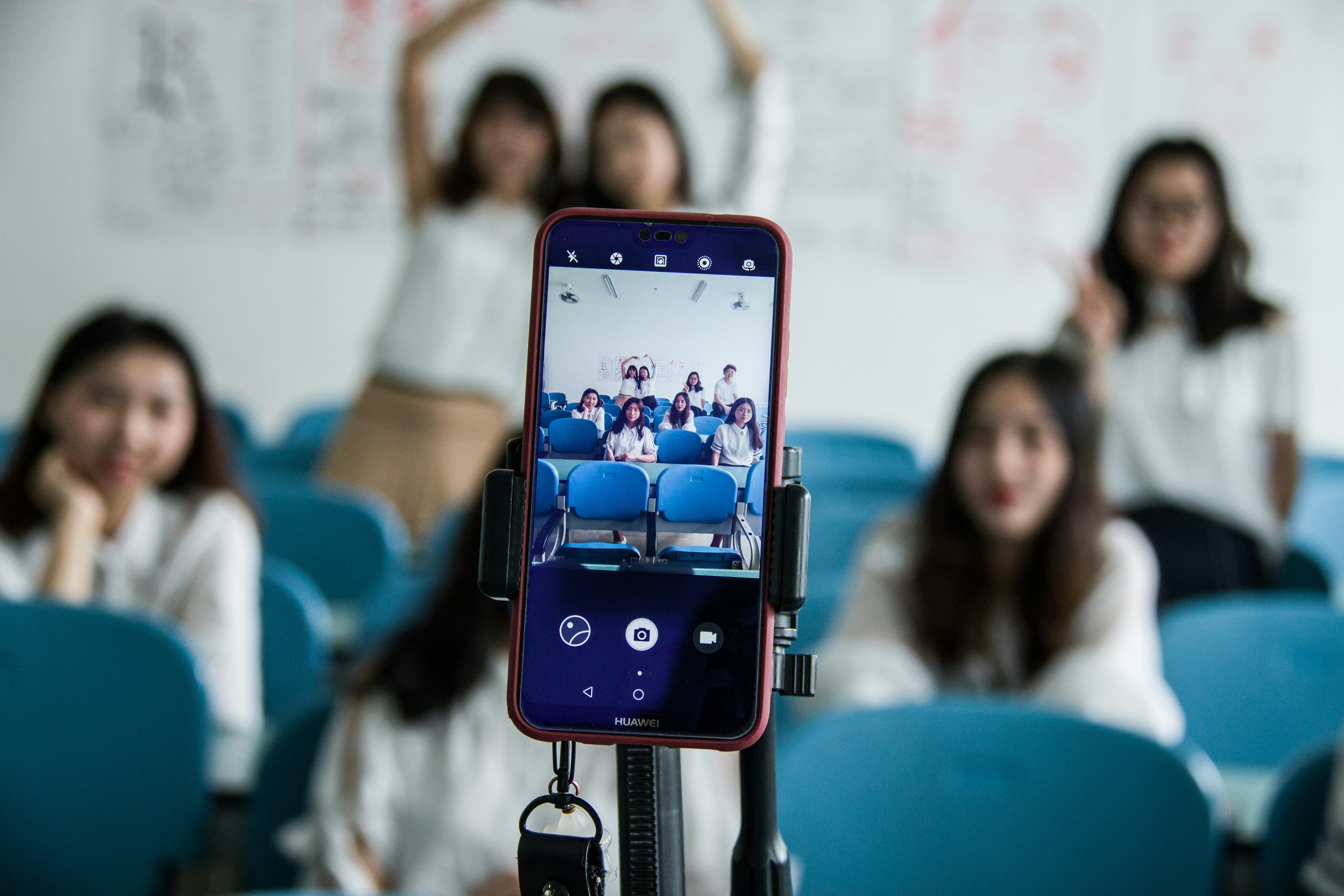April 2024 - Richard Rawcliffe, Former William Pitt Fellow for Dell
It is a repeatedly proven fact of history that every generation rebels to some degree against those that came before. To us the challenges that Generation Z face seem new and possibly unsurmountable - but time will tell if there really is nothing new under the sun.
For our April blog Richard Rawcliffe, Former William Pitt Fellow for Dell, looks at how Generation Z see the world, and how they can grasp a future for themselves with the support of digital competency initiatives.
Intergenerational conflict is not a new phenomenon, it has been a recurring aspect of societal dynamics for centuries. Each new generation faces distinct challenges shaped by the prevailing political and social environment they are born into and as change accelerates the challenges potentially become greater for each new generation.
This is very true for Generation Z, those aged 12-26. Labeled "digital natives" they were born into the world of smartphones, social media and the internet and they communicate and advocate differently from previous generations which in turn can add to the conflict and make them feel excluded and “different”.
I do not believe intergenerational conflict is necessarily a bad thing. While the specifics of each generation's challenges will vary, I do believe every generation has an obligation to stand up and hold its government and its elders to account.
However, does every generation have the tools to achieve this and, in some ways, does the pace of change and global events sometimes disrupt this natural order of things and add additional complications?
Just over a year ago Dell Technologies produced a ‘Future-Proof’ Research report that captured the voice of over 15,000 Gen Z adults (18–26 years) across 15 countries, including the UK, regarding social and economic recovery strategies. The study asked these digital natives how smart digital investments today can support the development of a digitally resilient future and how confident they were of their ability to be a part of it.
What it found was that over a third (41%) of Generation Z would be willing to accept short-term economic limitations, such as lower GDP growth, for policymakers to invest in a longer-term strategy that promoted more sustainable growth. Almost two-thirds (65%) of survey respondents believed that technology will play an important role in the fight against climate crisis.
They ranked sustainable energy (50%), enabling a circular economy (36%) and more sustainable public transport (29%) as the top three areas for governments to prioritize. A fifth of respondents (20%) also expressed support for greater sustainability education for citizens.
It is probably no surprise that this generation is passionate about social issues such as sustainability and that there is an opportunity to earn their support for longer-term strategies that put digital transformation and sustainability at the core of economic growth strategies.
As we approach an election in the UK later this year it is interesting that the data also revealed that acceptance of investing today for a digital and more sustainable tomorrow increases to 47% amongst those likely to vote.
"While the specifics of each generation's challenges will vary, I do believe every generation has an obligation to stand up and hold its government and its elders to account."
However, as the first digitally native generation are we supporting Gen Z to ensure they can make the most of the opportunities in front of them? While three-quarters (74%) consider learning new digital skills essential to increasing future career options over half (52%) of UK respondents said that school only taught them very basic computing skills and one-in-ten (10%) did not receive any technology or digital skills education at all.
While Gen Z sees technology as pivotal to their future prosperity this is not necessarily backed up by the education provided to them. In addition, there is the added dynamic of what is termed the digital poverty gap where in parts of our society digital exclusion through a lack of access to the internet is a byproduct of financial poverty.
Combine this with the digital skills gap and is clear that much more can be done to set this generation up for success through improvements in the quality and access to digital learning for all.
A further complication was the pandemic, a generation that already spent far longer than any other on social media and interacting with the internet were plunged into a world that was locked down and paralyzed by the pandemic where even more communication was pushed online and virtual.
Many of them missed face to face time during their education and early years in the workplace. With increasing levels of home study and remote working even in the post pandemic period Gen Z are reported to be the loneliest generation we have seen with correspondingly high levels of mental health issues.
A further consequence of the differences in the way in which generations communicate and consume data is a difference in the was intergenerational conflict manifests itself. I look back at my youth and we wrote articles for magazines and newspapers or we protested physically through meetings and marches as we had no other outlet.
While some of that exists today much of the conflict is online and one notable difference in today's online intergenerational conflict is the decline in tolerance on both sides. The rise of “cancel culture" and a lack of open debate will inevitably hinder constructive dialogue. Embracing diversity of thought and recognizing the power that exists in our differences and how we express and debate them is essential for fostering understanding across generations.
In conclusion I believe intergenerational conflict is necessary but so is tolerance and if we are to build a future for the digital natives of generation Z one thing we must do is to give them the tools and support they need to solve today’s global challenges.
Richard retired from full time work last year and is now focussed on working with an education trust and The Brain Tumour Charity while continuing to mentor young professionals in the IT industry. Having started his career in the NHS and then the pharmaceutical industry Richard spent the last 35 years in sales and marketing in the IT industry almost exclusively working for organisations engaged with the Public Sector and Education. Spending most of the last 20 years at Dell Technologies, Richard initially ran the healthcare business before becoming Vice President of the Public Sector Business in 2013 and sitting on the UK Board until he retired in June 2023. Richard became a William Pitt fellow in 2020 as part of Dell Technologies close working relationship with the University and Pembroke College.





